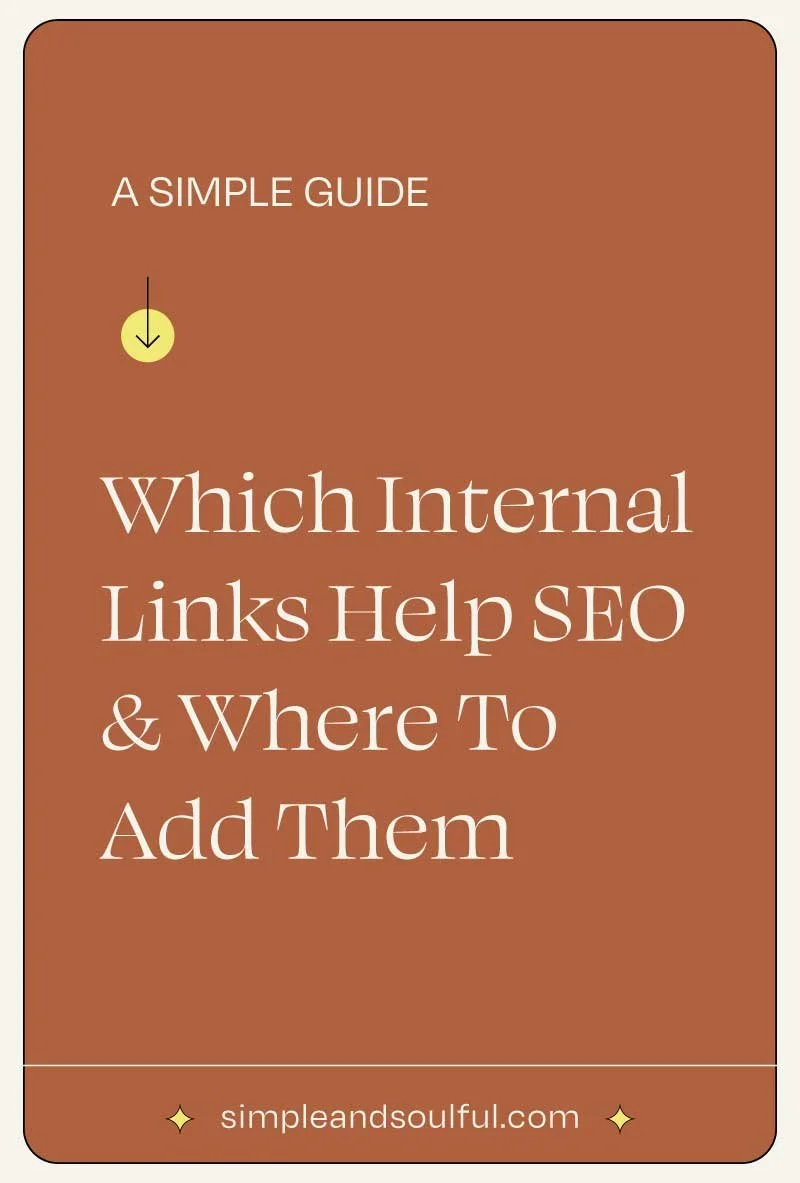SEO Myths That Waste Your Time (and What Actually Works for Local Businesses)
What soulful entrepreneurs and small business owners really need to know about local SEO in 2025
If you’ve ever spent time trying to "do SEO" for your business, you’ve probably run into advice that feels confusing, outdated, or just not helpful.
Maybe you were told to write blog posts every week, even if no one’s reading them. Or stuff keywords into your pages like oregano into a lasagna. Or buy a bunch of backlinks from websites you’ve never heard of.
We get it. It’s overwhelming and often a waste of time and money.
Let’s cut through the noise. Here's what actually works for local businesses when it comes to local SEO today.
What doesn’t move the needle anymore:
Let’s start with a quick myth-busting session:
Keyword stuffing – Cramming keywords into your copy doesn’t make you more findable. It makes your site harder to read.
Buying backlinks – Unless you're getting natural mentions from high-quality, relevant sources, this tactic rarely helps—and could even backfire.
Blogging endlessly – Blogging without a strategy or a clear local search goal is just digital wheel-spinning.
These tactics aren’t totally useless, but they’re no longer the path to visibility they once were, especially for local service businesses.
What actually works for SEO:
If your business serves a local area, or even if you operate online but work with clients in specific regions, these strategies matter more than ever:
1. Optimize Your Google Business Profile
This is essential. Think of your Google Business Profile (formerly Google My Business) as your modern-day storefront sign.
Make sure it’s fully filled out
Choose the most accurate categories
Add photos regularly
Post updates or promotions
Ask for reviews, and respond to them
When someone Googles what you do, your profile is likely the first thing they see. Treat it like a front porch; you want to be welcoming. If you’d like a step-by-step walkthrough, I’ve got you covered—check out my recent post, A Non-Techy Guide to Optimizing Your Google Business Profile.
2. Keep Your NAP Consistent
NAP = Name, Address, Phone Number. These need to be exactly the same across your website, your Google profile, directories, and anywhere else you’re listed online.
Small mismatches (like "St." vs "Street") can confuse search engines and can reduce your visibility.
3. Create Service + Location Pages
If you’re a therapist in Austin or a vocal coach serving Los Angeles and Toronto, don’t just rely on your homepage.
Create clear, dedicated pages like:
“Trauma Therapy in Austin, TX”
“Vocal Coaching in Los Angeles”
“Holistic Nutrition Consults in Toronto”
These help both people and search engines understand exactly what you offer and where.
4. Use Your Customer’s Language
Don’t guess what people are searching—listen to what they say.
Pull phrasing from your reviews, testimonials, and DMs
Turn common questions into FAQ-style content
Describe your services using the terms your ideal clients would use, not just what your industry calls them
This not only helps you rank for real-life search terms, but it also builds trust.
5. Have a Fast, Mobile-Friendly Website
This isn’t just about Google rankings—it’s about giving your visitors a smooth, frustration-free experience.
Check your site speed. Make sure it looks great and loads quickly on mobile. Remove unnecessary pop-ups or slow-loading elements.
One final note: be clear not clever.
Google (and your future clients) aren’t looking for the fanciest metaphors or the most keyword-rich paragraphs. They’re looking for clarity.
The same goes for your clients at 10 PM, stressing about a sore throat before a performance, an emotional breakdown, or a sudden inspiration to get their life back on track.
Be the business that’s clear, helpful, and easy to find in those moments.
Want help getting this right?
We work with coaches, creatives, and heart-centered entrepreneurs to build websites and SEO strategies that feel good and get found.
About The Author:
Moses Ward keeps Simple & Soulful organized and optimized behind the scenes. He’s unabashedly deep into the nerd regarding all things SEO, technology, data, and conversions — and loves empowering people with business advice that gets impressive results (and gets bonus points for being trend-proof and tacky-free). He’s got a voice for radio (so says his biz & life partner). Book a call or you’ll never know.
Does SEO make you want to throw your computer into oncoming traffic?
✳︎ WE’D LOVE TO HELP YOU ✳︎















